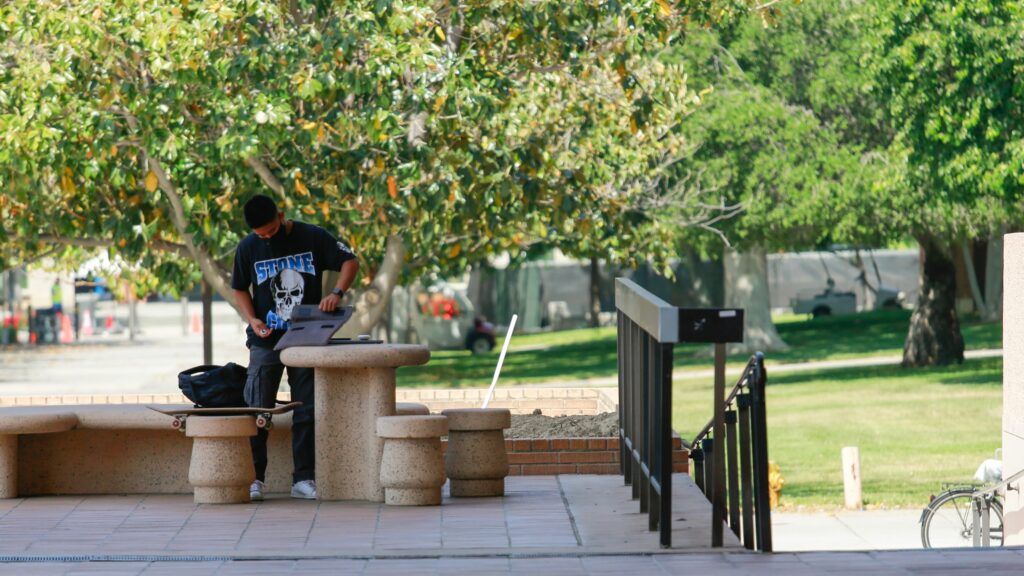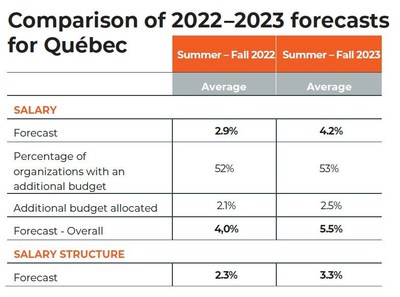Cal State presidents will see a salary increase of at least 7%

California State University Northridge in Los Angeles.
 Credit: Julie Leopo/EdSource
Credit: Julie Leopo/EdSource
California State University Northridge in Los Angeles.
This story was updated at 2:30 p.m. July 13 to include comments from the California Faculty Association.
California State University presidents and executives will see their salaries increase by at least 7% starting this month.
The CSU Board of Trustees voted for the pay increase on Wednesday following a study last year that found executives at the nation’s largest public university system were underpaid compared to similar institutions across the country. The board voted in September to increase salaries by up to 10%.
“Our chairmen are way out of the market in terms of compensation,” administrator Jack McGrory said, adding that the benchmarking study carried out last year may have underestimated how much chairs are undercompensated. of the State of California. Other universities across the country pay their presidents between $750,000 and $1 million, he said.
“We’re willing to pay our football coaches $1 million, but for some reason we don’t want to pay our presidents to be in the market,” McGrory said. “I know people in Sacramento and across the state are probably going to criticize what we’re doing here today, but we owe it to this system. We believe we are the best national public university in America. We have to act this way.
The 7% increase would be the highest pay increase CSU leaders have seen in 12 years. The last salary increase was 3% in 2019, according to the chancellery.
The board also voted that 14 CSU presidents would receive equity adjustments based on their performance reviews to increase their salaries to make them comparable to other universities.
The California Faculty Association, which is the union representing CSU faculty and teaching staff, has been highly critical of the increases.
“Today’s action by CSU administrators to increase the salaries of the highest paid executives and campus presidents in the system is shameful,” said CFA Chairman Charles Toombs. “Despite messages about fairness, parity and fairness, trustees have done the opposite. They perpetuate systemic inequality while doing little to restore faith in a university system unable or unwilling to protect students, faculty, and staff from sexual harassment.
Toombs, who refers to a series of sexual harassment controversies that led to the resignation of former Chancellor Joseph Castro, said the decision to award leaders thousands more dollars was ‘reprehensible and a systemic injustice’ .
“An organization’s spending reflects its priorities,” he said. “To raise the already excessive salaries of its highest-paid executives while offering meager salary increases to those who provide direct teaching and services to students is not fair.”
CSU Administrator Douglas Faigan said he agreed with the pay increases but criticized the chancellor’s office for not publicly providing the details in a timely manner. The board’s agenda, which was released last week, included a line that the board would take action on executive compensation. Full details of the pay increases were not released until Tuesday evening, he said.
“While the (agenda item) meets the letter of the disclosure law, it does not meet the spirit of the transparency law,” Faigan said.
The board last year came under fire from faculty and staff groups for raising executive pay, particularly when studies of staff salaries showed other system employees are under -paid.
A study released in May recommended that CSU create a pay grade structure for its more than 30,000 non-teaching staff, create new pay scales that adjust salaries to the market median, and increase salaries of 3.05%. This recommendation would require $287 million to implement, with costs of tens of millions of dollars per year for its annual maintenance.
Some board members have indicated that they want to do everything they can to ensure funds are available to improve staff and faculty salaries. The CSU lobbied the Legislature to fund staff and faculty salaries.
“The equity issues we face are general,” Administrator Julia Lopez said, adding that she personally wants to make implementing the recommendations of staff and, future faculty, salary studies a priority.
For more reports like this, click here to sign up for EdSource’s free daily email about the latest developments in education.





